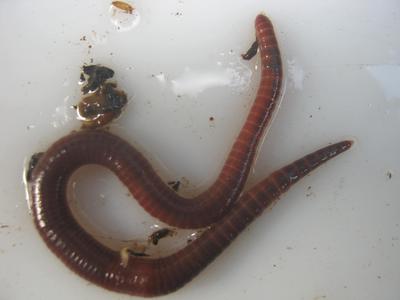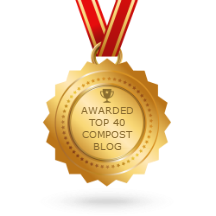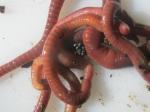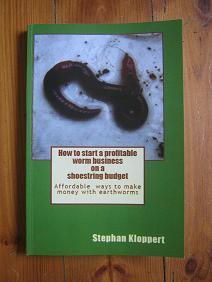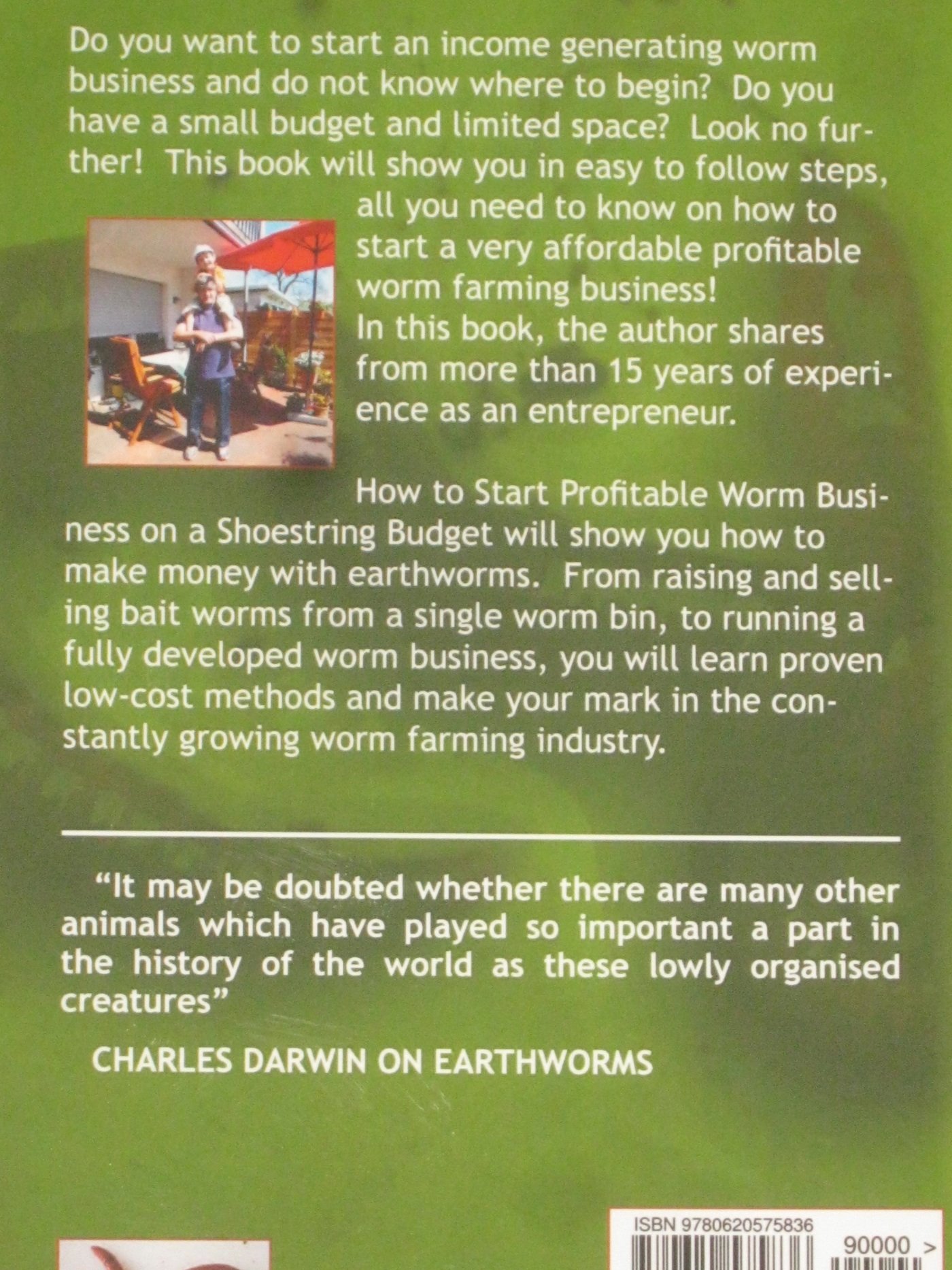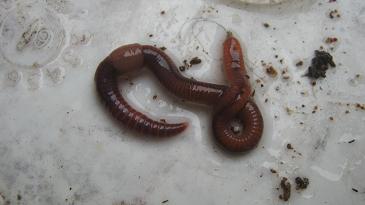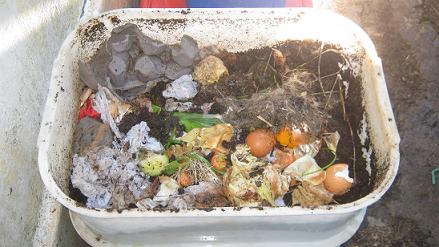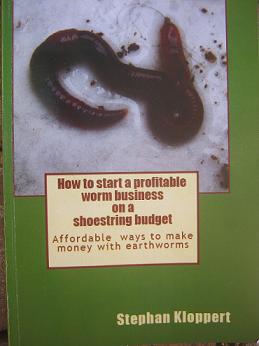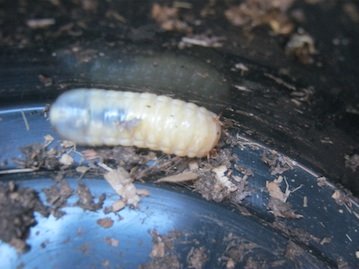How to verify the earthworm species in your worm bin
by Dre
(UK)
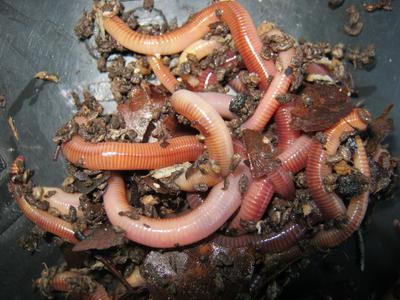
Dendrobaena veneta (Eisenia hortensis) worms close up
Hi Stephan,
Firstly, I would like to say that I really enjoyed reading your book. I recommend it to anyone who is interested in getting into the worm farming business.
I have a question in regards to the earthworm species that you are using - in your case Eisenia fetida. Here in the UK Eisenia fetida is often confused with Dendrobaena veneta and unfortunately both are marketed as 'Tiger worms' and are sold as as mixture of the two. So my question is how do you make sure the earthworms you are using in your business are indeed Eisenia fetida (any specific characteristics to distinguish them from other species)? In addition, where did you originally acquire the Eisenia fetida from? I appreciate your time.
Best wishes,
Dre
Comments for How to verify the earthworm species in your worm bin
|
||
|
||
Search / Suchen
On SPECIAL
"How to start a profitable worm business on a shoestring budget
Order a printed copy from "Amazon" for only
$11.95
or a digital version from the "Kindle" store for only
$4.50
Prices valid till 31.05.2024
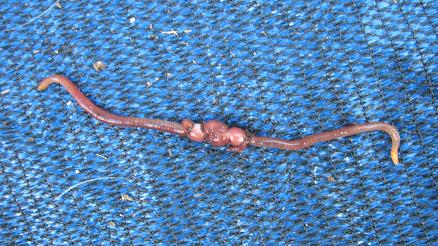
Our New Book
Order the Kindle E-book for the SPECIAL PRICE of only
$3.95
Prices valid till 31.05.2024!
